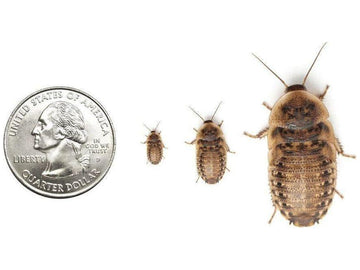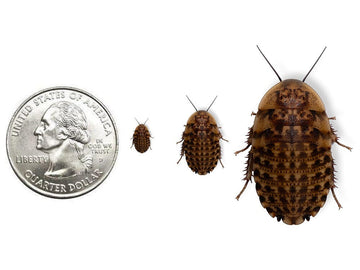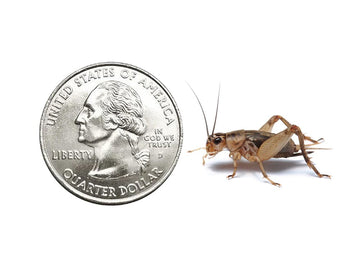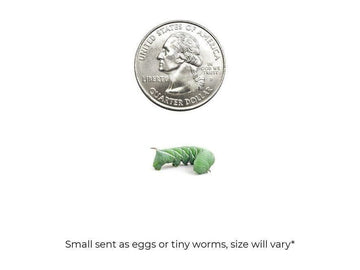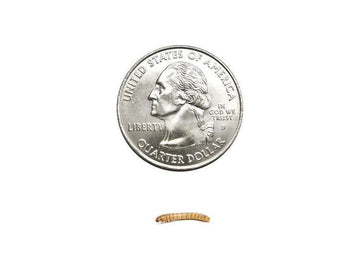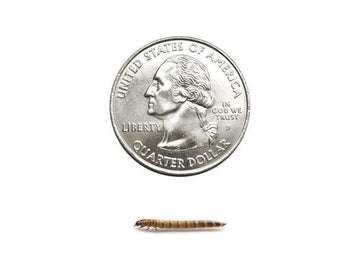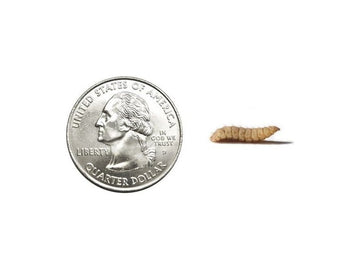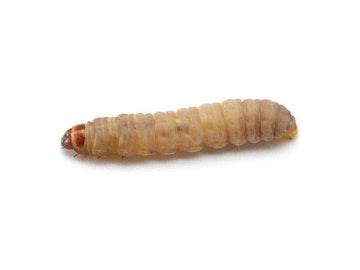Crested geckos are one of the most popular pets in the reptile world. They have a relatively easy-care level making them ideal for beginners and advanced owners alike. These geckos are omnivorous animals; when they are in their natural habitat, their diet contains both plant-based food and protein in the form of animals. Since there hasn't been very much research done into what they eat in the wild, the research is mostly based on what can be determined by their behavior in captivity.
However, this makes their care when it comes to their feeding them pretty easy, read on to find out what to feed your pet gecko.
Food And Supplementation
As mentioned, the diet of the crested gecko in their natural habitat hasn't been studied that well, but we have been able to determine what they can thrive on under our care. Your crested gecko's diet can pretty much consist of a commercial product that has been pre-made known as a powder mix called "complete gecko diet" to make things easier we will simply refer to this as "CGD." CGD has been formulated to supply all the nutrients that your crested gecko would need. Including fat and protein, and also vitamins and minerals required to maintain your crested gecko's health. There are a few different products out there on the market. You need to ensure that you get the "complete gecko diet," not a product meant to supplement their diet in some other way. If the product has dried bugs added to it, this is fine and recommended. Some do not have the dried insect added to them.
Offer CGD by mixing it with water in a small condiment cup and leaving it in their enclosure three or four times a week; this can be bought by clicking here.
CGD by itself can provide a healthy diet for your crested gecko, and they can survive on it alone. However, to provide optimum conditions for your pet to be healthy, it is also recommended to use live insects to supplement their diet. Live feeders can be added to their food two or three times a week. Calcium plus D3 needs to be lightly dusted onto the feeders and any feeders used should always be gut loaded using salad or better yet, with a prepared supplement used for gut loading the feeder insect that you have chosen. Find all the supplements that you need along with the products that can be used to gut load your feeders here.
Safe Feeder Insects For Your Crested Gecko
Many crested geckos may not appear to be that eager to eat live food. However, it is advised that you at least try to supplement your crested gecko's diet with live feeder insects. When selecting the right feeder insect for your gecko, it's crucial to take into account the level of nutrition that each insect contains and what that nutrition can do for the long term health of your gecko. Staple insects can be fed every time they eat, while treat insects must be fed once per week or so. See below for a list of safe feeder insects.
Staples (2-3 times per week):
- Dubia Roaches
- Black Soldier Fly Larvae (Nutrigrubs)
- Butterworms
- Crickets
- Superworms
- Silkworms
Treats (Once per week):
- Hornworms (high in nutrients but also high in hydration, can cause diarrhea)
- Waxworms (Well rounded nutrition but very high in fat)
- Mealworms (Hard chitin, ideally should be avoided)
It is crucial that you not offer your gecko any wild-caught insects as these can be contaminated with pesticides and also carry nasty parasites and disease. Always buy your feeder insects from a reputable supplier.
Water
Crested geckos will get their hydration by licking droplets from the glass of your tank, so misting the sides of the enclosure for your gecko is vital, you should do this daily. Their accessories should also be sprayed; they are not fussy where they lick their water from. You should attempt to keep droplets of water available for them whenever they are in their habitat.


